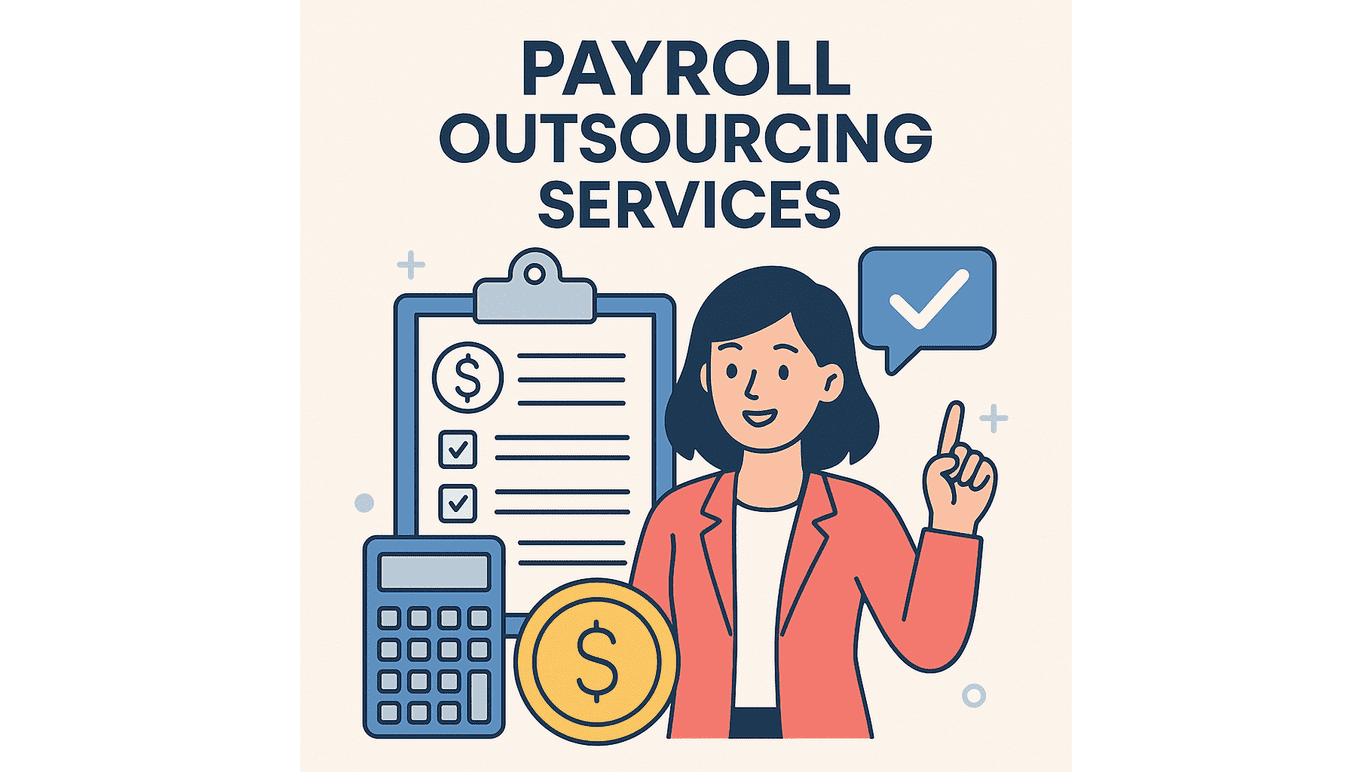
Transaction banking is an essential service within the financial industry, providing critical support to businesses in managing their financial operations, from cash management to trade finance. As financial institutions continue to innovate, transaction banking solutions have evolved, offering sophisticated features that cater to the diverse needs of corporate clients. This article examines the key features that define modern transaction banking solutions and how they contribute to the efficiency and effectiveness of financial operations.
1. Comprehensive Cash Management Tools
Cash management is at the heart of transaction banking, and modern solutions offer a wide array of tools to help businesses manage their liquidity effectively. These tools include real-time cash visibility, automated reconciliation, and liquidity forecasting. The ability to monitor cash positions across multiple accounts and currencies in real-time enables companies to make informed decisions, optimize cash flows, and reduce the cost of capital. Additionally, automated reconciliation tools streamline the matching of payments and invoices, reducing manual errors and improving operational efficiency.
2. Integrated Trade Finance Capabilities
Trade finance is a critical component of global commerce, and transaction banking solutions now offer integrated capabilities to support this complex area. These include the management of letters of credit, guarantees, and documentary collections, which are essential for facilitating international trade. Modern solutions also provide digital platforms for end-to-end trade processing, enabling seamless communication between buyers, sellers, and financial institutions. This integration not only speeds up transaction times but also enhances transparency and reduces the risk of fraud.
3. Advanced Payment Solutions
Payment processing has undergone significant transformation, with transaction banking solutions now offering advanced features that support a variety of payment types and channels. These solutions provide support for domestic and cross-border payments, including real-time payments, batch processing, and automated clearing house (ACH) transactions. The integration of faster payment systems allows businesses to settle transactions more quickly, improving cash flow and strengthening relationships with suppliers and customers. Additionally, the ability to automate payment workflows reduces manual intervention, minimizing the risk of errors and enhancing operational efficiency.
4. Supply Chain Finance Optimization
Supply chain finance is increasingly becoming a focus for businesses looking to strengthen their supplier relationships and improve their working capital. Transaction banking solutions now offer features that enable companies to optimize their supply chains through dynamic discounting, reverse factoring, and early payment programs. These tools help suppliers access financing at more favorable terms, improving their liquidity and stability. For buyers, this can lead to extended payment terms and improved cash flow, without negatively impacting supplier relationships.
5. Enhanced Security and Compliance
In today’s complex regulatory environment, security and compliance are paramount in transaction banking. Modern solutions come equipped with robust security features, including multi-factor authentication, encryption, and fraud detection algorithms. These features ensure that transactions are conducted securely, protecting both the financial institution and its clients from potential threats. Additionally, transaction banking solutions offer comprehensive compliance monitoring and reporting tools, helping businesses adhere to regulatory requirements and avoid costly penalties.
6. Data Analytics and Reporting
The ability to harness data for better decision-making is a key feature of modern transaction banking solutions. Advanced analytics and reporting tools provide businesses with insights into their financial operations, helping them identify trends, optimize processes, and make more informed decisions. These solutions offer customizable dashboards, real-time reporting, and predictive analytics, enabling companies to gain a deeper understanding of their financial health and operational efficiency. The integration of AI-driven analytics further enhances the ability to forecast cash flows, detect anomalies, and improve overall financial management.
7. Scalability and Customization
As businesses grow and evolve, their transaction banking needs change. Modern transaction banking solutions are designed to be scalable and customizable, allowing financial institutions to tailor their offerings to the specific needs of their clients. This flexibility ensures that businesses can continue to rely on their transaction banking solutions as they expand into new markets or introduce new products and services. The ability to customize workflows, payment types, and reporting structures means that businesses can create a transaction banking experience that aligns with their unique operational requirements.
8. User-Friendly Digital Platforms
The user experience is a critical aspect of any transaction banking solution. Today’s solutions are built on user-friendly digital platforms that offer intuitive interfaces and seamless integration with other financial systems. These platforms are designed to be accessible across multiple devices, allowing users to manage their transaction banking activities on the go. The emphasis on user experience not only improves adoption rates but also ensures that businesses can maximize the value they derive from their transaction banking services.
Conclusion
The evolution of transaction banking solutions has brought about a host of features that enhance the efficiency, security, and effectiveness of financial operations. From comprehensive cash management tools and integrated trade finance capabilities to advanced payment solutions and data-driven analytics, these features are designed to meet the diverse needs of modern businesses. As financial institutions continue to innovate, the key features of transaction banking solutions will continue to evolve, offering even greater value to businesses navigating the complexities of the global financial ecosystem.








[…] Trade finance is a critical component of global commerce, and transaction banking solutions now offer integrated capabilities to support this complex area. These include the management of letters of credit, guarantees, and documentary collections, which are essential for facilitating international trade. Modern solutions also provide digital platforms for end-to-end trade processing, enabling seamless communication between buyers, sellers, and financial institutions. This integration not only speeds up transaction times but also enhances transparency and reduces the risk of fraud. […]